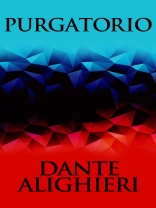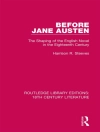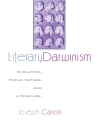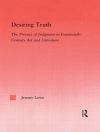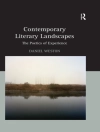Purgatorio is the second part of The Divine Comedy, Dante’s epic poem describing man’s progress from hell to paradise. Having escaped the Inferno, Dante and his guide, the classical Roman poet Virgil, ascend out of the underworld to the Mountain of Purgatory on an island on the far side of the world. The mountain has nine terraces, seven of which correspond to the seven deadly sins, and two of which constitute an Ante-Purgatory with the Garden of Eden at the summit. Dante writes about sin based on motives in Purgatory, rather than actions as in The Inferno, giving the book a more psychological aspect. Arriving on Easter Sunday, Purgatorio represents the time of human life on earth.
เกี่ยวกับผู้แต่ง
Dante Alighieri (1265-1321), a major Italian poet of the late Middle Ages, has been called the father of the Italian language. His classic masterpiece, The Divine Comedy, is widely considered to be the greatest literary work ever composed in Italian, and his writing has inspired a wide range of artists including sculptor Auguste Rodin, composer Franz Liszt, and numerous authors, such as Geoffrey Chaucer, John Milton, and T.S. Eliot.
